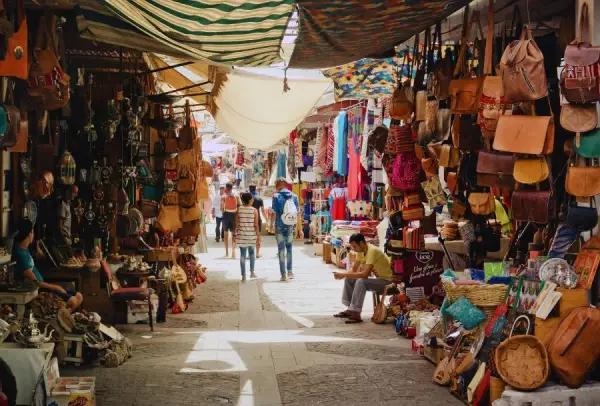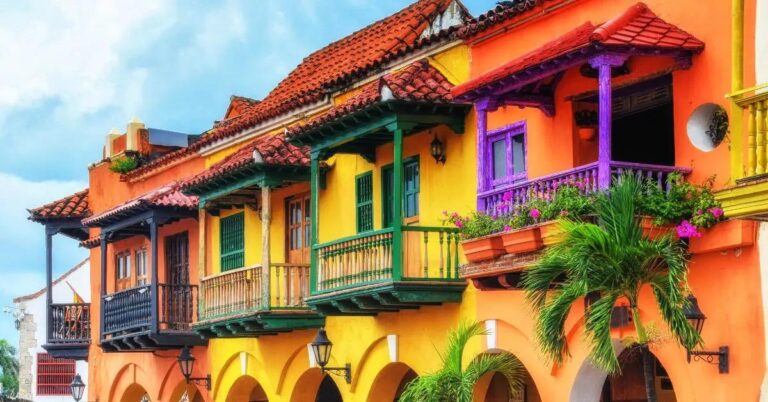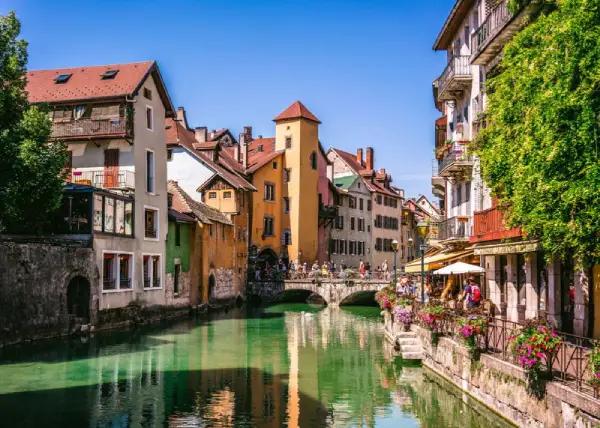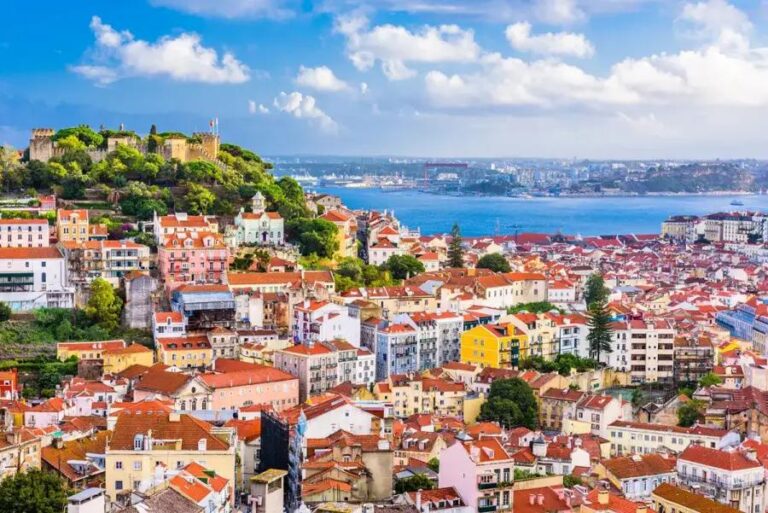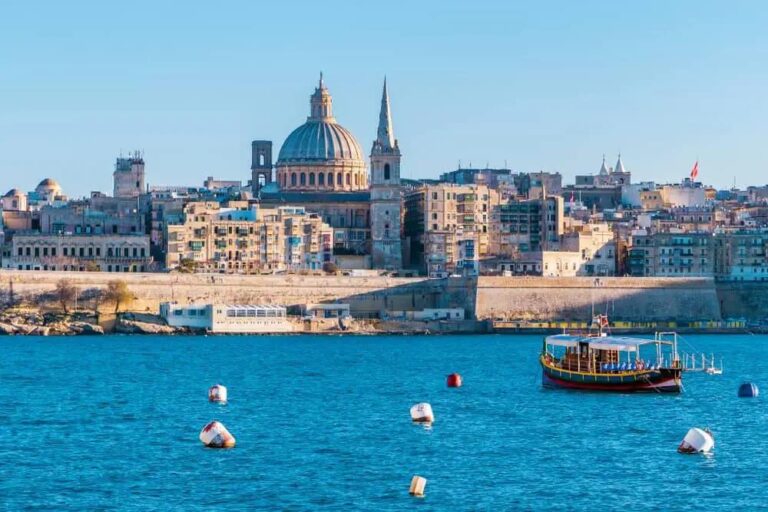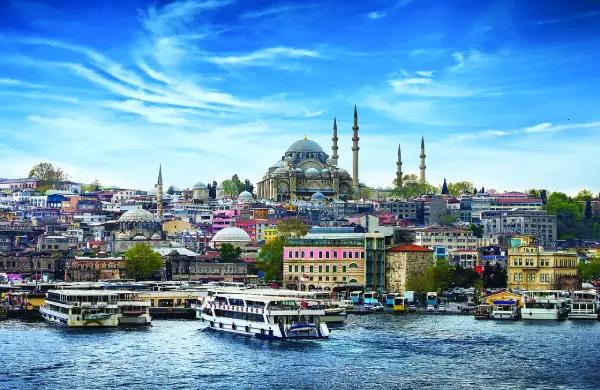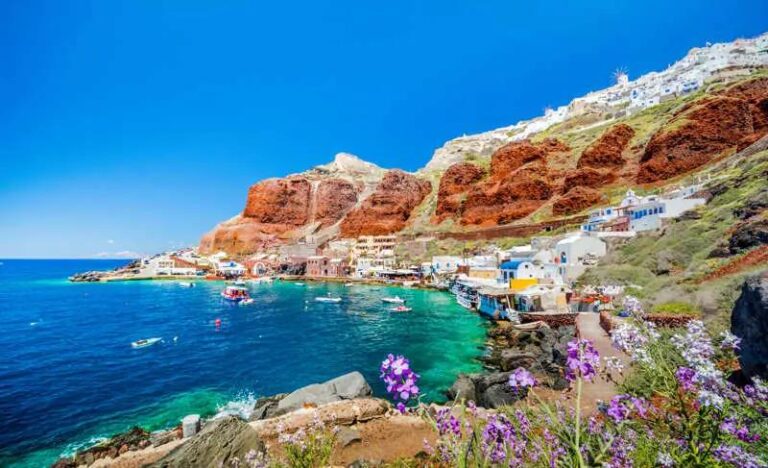TL;DR:
- Rental Costs: Casablanca: ~5,000 MAD ($500) for a 1-bedroom apartment; Fez/Meknes: ~2,500 MAD ($250). For 2-bedroom, Casablanca: ~$600; Chefchaouen/Essaouira: ~$300.
- Buying Property: Major cities: ~10,000 MAD ($1,000) per sq meter; Smaller towns: ~5,000 MAD ($500) per sq meter.
- Groceries: Retired couples: ~2,000 MAD ($200) monthly.
- Utilities: ~700 MAD ($70) for electricity, water, and gas; ~200 MAD ($20) for internet/phone; Total: ~900 MAD ($90).
- Transport: Monthly bus pass: ~150 MAD ($15); Car expenses: ~1,500 MAD ($150); Fuel: ~10 MAD ($1) per liter.
- Healthcare: Private doctor: ~300 MAD ($30); Specialists: ~700 MAD ($70); Private insurance: ~5,000 MAD ($500) annually.
- Entertainment: Restaurant: ~200 MAD ($20); Clubs/gyms: ~100-500 MAD ($10-$50); Cinema: ~50 MAD ($5).
- General Living Budget: ~15,000 MAD ($1,500) per month for a comfortable retirement.
Thinking about retiring in Morocco and wondering about the cost of living? You’re in the right place! In this guide, I’ll break down all the key expenses you’ll face, from rent to groceries. We’ll explore healthcare options, transportation costs, and even entertainment prices so you can budget wisely. Discover how to live comfortably and take the guesswork out of your Moroccan adventure. Ready to dive in? Let’s get started!
What Are The Monthly Living Costs For Retirees In Morocco?
Rent Prices in Various Cities
To start, rent in Morocco depends on the city and type of home. For a one-bedroom apartment in downtown Casablanca, you might pay around 5,000 MAD ($500) each month. Smaller cities like Fez or Meknes offer lower prices, around 2,500 MAD ($250) per month. Larger cities usually demand higher rents due to their amenities but smaller towns provide similar comfort at a lower cost.
Average Grocery Bill
Groceries in Morocco are surprisingly affordable. Retired couples can expect to spend approximately 2,000 MAD ($200) a month. The markets are full of fresh fruits, vegetables, and dairy products. Imported items tend to be more expensive, so buying local goods can help stretch your budget.
Utilities Expenses
Monthly utilities cover electricity, water, and gas, running up to 700 MAD ($70). Internet and phone bills cost around 200 MAD ($20). Together, basic utilities and communication cost about 900 MAD ($90) each month. If you enjoy the Moroccan sunshine and mild winters, you may even save on heating and cooling.
Transportation Costs
Public transport is cheap and convenient. A monthly bus pass costs about 150 MAD ($15). Taxis are also inexpensive. Owning a car will cost more due to fuel and maintenance. Fuel is about 10 MAD ($1) per liter, and you should budget around 1,500 MAD ($150) for car-related expenses each month.
Healthcare Expenses
Healthcare is where your money goes further in Morocco. A visit to a private doctor costs 300 MAD ($30), while specialized care might cost around 700 MAD ($70) per visit. Annual private healthcare insurance could set you back by 5,000 MAD ($500). Having insurance easily covers most common health issues. Prescription drugs are also reasonably priced; for instance, basic antibiotics can cost as little as 100 MAD ($10).
Entertainment and Social Activities Costs
Entertainment doesn’t break the bank. A night out at a decent restaurant may cost you 200 MAD ($20). Clubs, gyms, and social activities range from 100 to 500 MAD ($10-$50) each month. Cinema tickets cost about 50 MAD ($5).
When you look at this breakdown, it’s clear that retirees can live comfortably in Morocco with a budget of around 15,000 MAD ($1,500) per month. By choosing where to live and how to spend wisely, you can make the most of your retirement in this beautiful country.
How Do Housing Costs Vary Across Morocco For Retirees?
When I first explored moving to Morocco, housing costs were a big concern. “How much money do you need to live comfortably in Morocco?” was my main question. Answer: It depends on where you want to live. Let’s look at some details.
First, renting versus buying. Rent prices in Morocco differ a lot across the regions. For example, in Casablanca, average rent for a nice 2-bedroom apartment can be around $600 per month. On the other hand, rent prices in smaller towns like Chefchaouen or Essaouira can be half that price. If you consider buying, a good apartment in a major city might cost around $1,000 per square meter. In smaller towns, you could find properties for $500 per square meter.
Next, let’s talk about maintenance and utilities. In urban areas like Rabat or Marrakech, utility bills, which include electricity, water, and heating, usually range from $50 to $100 per month. However, in rural areas, the costs can go down to $30 to $60 per month. Maintenance costs similarly vary. In cities, you need to budget for regular fixes and services since houses tend to age faster due to higher pollution and wear and tear compared to peaceful rural areas like Imlil.
Different regions also offer varying levels of affordability. Cities like Fes and Tangier are more affordable for retirees compared to bustling urban hubs. Rural regions tend to have lower living costs overall. You won’t just save on housing; everything from groceries to entertainment is cheaper. Essential amenities such as local markets, medical facilities, and shops are also closer and often cheaper.
Now, let’s dive deeper into property maintenance costs. Maintaining a large house in Morocco can be pricey. Factors include taxes, repairs, and sometimes fees for caretakers. It’s wise to set aside at least $100 to $200 monthly for these costs.
Lastly, rent and utility costs need a closer look. “Is Morocco cheap for US citizens?” The answer: Yes, mostly. Compared to rents in the U.S., paying $300 to $600 monthly for rent seems quite affordable. Utilities and water bills are also typically lower.
For more information on housing costs in Morocco, check resources like Numbeo. This way, you can make an informed decision about moving here for your retirement.
What Kind of Health and Medical Services Are Available for Retirees in Morocco?
When you move to Morocco as a retiree, healthcare should top your list. Is Morocco a good place for Americans to retire? Yes, the healthcare is quite good. Morocco has both public and private healthcare services, with various options available.
Public healthcare can be more affordable but less available in rural areas. Larger cities have better public healthcare facilities, but they can be crowded. If you prefer less wait time and more comfort, private healthcare is the way to go.
Private healthcare is generally more expensive. But it offers better quality and faster service. For medical services in a private clinic, the cost can vary greatly. An average doctor’s visit can cost around $30 to $50. More specialized services will be pricier.
The cost of medical insurance in Morocco should be a key concern. Health insurance options are available to retirees. Public health insurance is cheaper but may not cover all types of care. Private insurance costs more but offers wider coverage. The cost can range from $100 to $200 per month, depending on your health needs.
Prescription drugs are another area to consider. Many medications are cheaper in Morocco than in the U.S. Common medications for blood pressure, cholesterol, and diabetes are affordable. For example, a month’s supply of common drugs could be as low as $20 to $40.
Is healthcare for expats in Morocco expensive? It depends on your choice between public and private services. Public healthcare is cheaper. Expect to spend less but potentially deal with longer wait times and fewer facilities. For more peace of mind, you may choose private healthcare, albeit at a higher cost.
Are there affordable healthcare options for retirees? Yes, quite a few. Clinics in smaller towns or low-cost insurance plans can help manage expenses. Plus, the overall healthcare cost in Morocco is lower than in many Western countries.
So, how much money do you need to live comfortably in Morocco with these healthcare expenses? Budgeting for $200 to $300 a month for healthcare can keep you covered. This includes doctor visits, prescriptions, and insurance.
If you’re curious about more detailed aspects of Moroccan healthcare, the Morocco healthcare system overview is a good place to start.
Conclusion
Living in Morocco as a retiree has many benefits and challenges. We covered key costs like rent, groceries, and healthcare. Housing varies by region, while healthcare is both public and private. Consider your budget and needs when planning. Morocco offers a rich culture and affordable living, making it a worthwhile option for retirees.

